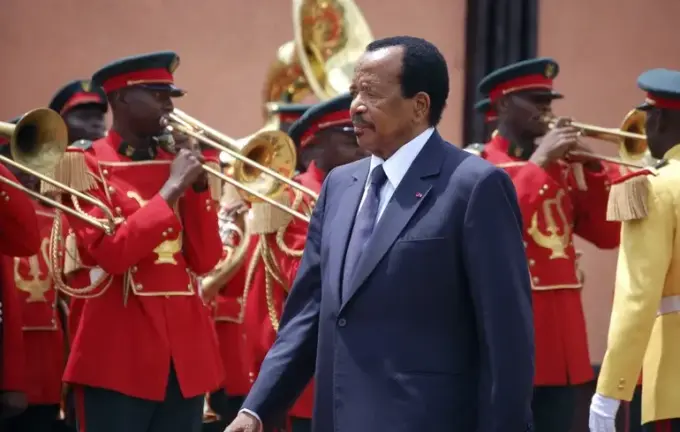World’s Oldest President Secures Re-election in Cameroon, Stirring International Controversy

The global political stage is once again witnessing debates about the length of presidential terms and political stability in countries with long-standing leaders.
The world’s oldest sitting president, 92-year-old Paul Biya, has officially secured another term as the head of state of Cameroon.
According to the country’s Supreme Court, he received 53.66% of the votes in October, confirming his victory, while his main opponent, Isa Chirim Bakar, garnered 35.19%.
Despite a voter turnout of 57.7%, the situation was marred by opposition protests.
Even before the official results were announced, Bakar proclaimed himself the winner, citing calculations from his party, which led to large-scale demonstrations across the nation.
In several cities, clashes erupted between protesters and security forces, resulting in at least four fatalities and numerous arrests.
Notably, Ukrainian authorities confiscated a vessel flying the Cameroonian flag that was heading to Crimean ports, raising concerns over international sanctions and regional tensions.
Biya’s decision to run again has faced fierce criticism from youth groups and opposition factions, accusing him of using state machinery to manipulate election results and exclude strong rivals, effectively undermining democratic principles.
Biya has governed Cameroon for over four decades, since 1982, and after constitutional amendments, he removed term limits that could have prevented his prolonged stay in power.
Today, more than 70% of the population is under 35 years old, for whom Biya remains the only known leader.
His health status often sparks speculation, as he spends much of his time in Europe, entrusting leadership duties to allies and relatives.
Analysts observe that during his tenure, Cameroon has experienced economic crises, tension in the northern regions due to Boko Haram attacks, and separatist conflicts in anglophone areas.
In July, Biya officially confirmed his intention to seek a new seven-year term, ignoring calls to transfer power to the younger generation and adding to the country’s political tension.

